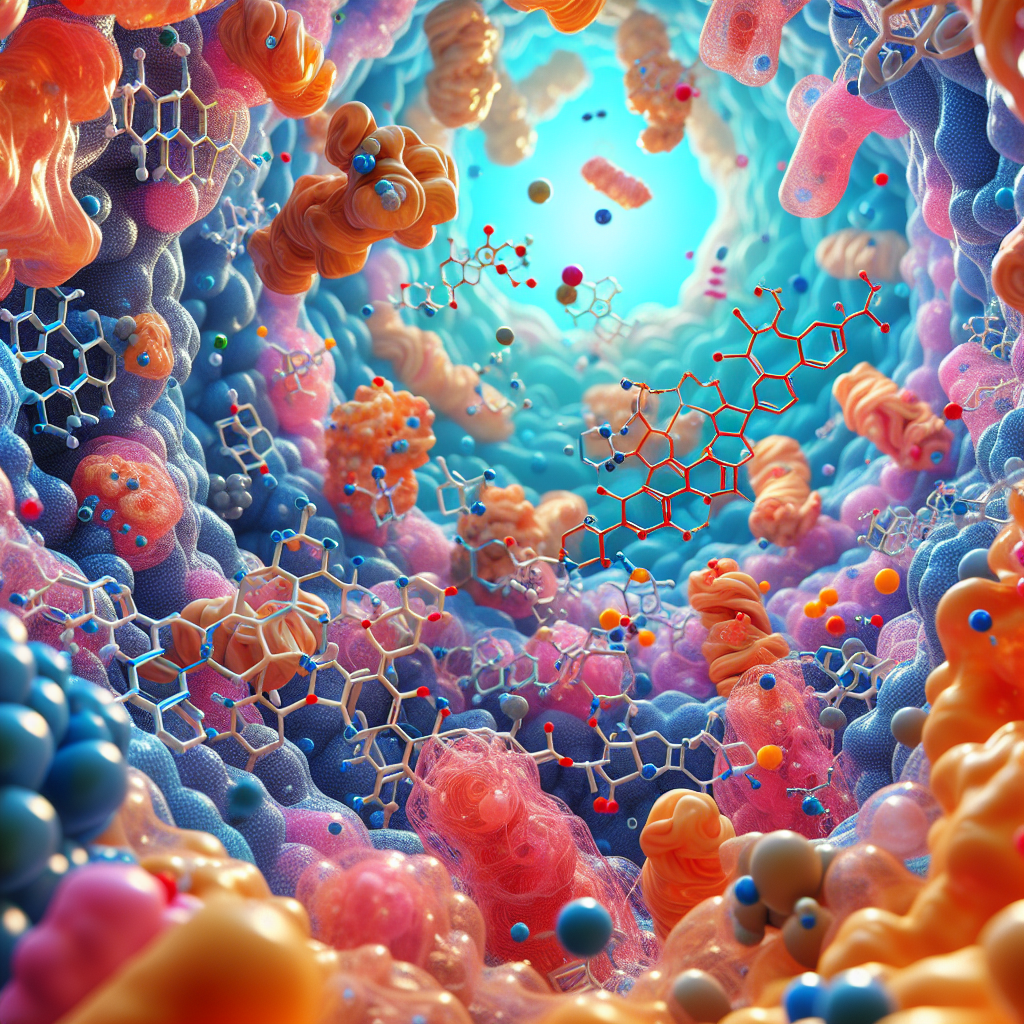
What Are Enzymes?
Enzymes are specialized proteins that act as biological catalysts, meaning they speed up chemical reactions in the body without being consumed or altered in the process. Without enzymes, most chemical reactions essential for life would occur too slowly to sustain biological functions.
How Do Enzymes Work?
Enzymes function based on the lock-and-key model or the induced-fit model:
1. Specificity: Each enzyme has an active site that binds to a specific substrate (the molecule it acts upon). This is like a lock fitting a specific key.
2. Catalysis: Once the enzyme binds to the substrate, it lowers the activation energy needed for the reaction, allowing it to proceed quickly.
3. Product Release: After the reaction, the enzyme releases the product(s) and is free to catalyze another reaction.
Roles and Functions of Enzymes
Enzymes regulate nearly every chemical process in the body, including digestion, energy production, detoxification, and cell repair. They fall into six main classes based on their function:
1. Oxidoreductases:
• Function: Catalyze oxidation-reduction (redox) reactions, transferring electrons between molecules.
Examples: Cytochrome oxidase (used in cellular respiration), dehydrogenases.
2. Transferases:
• Function: Transfer functional groups (like phosphate or amino groups) between molecules.
Examples: Kinases (add phosphate groups), transaminases (transfer amino groups).
3. Hydrolases:
• Function: Break down molecules by adding water (hydrolysis).
Examples: Amylase (breaks down starch), lipase (breaks down fats), protease (breaks down proteins).
4. Lyases:
• Function: Add or remove groups to form double bonds without using water or oxidation-reduction.
Examples: Decarboxylases, aldolases.
5. Isomerases:
• Function: Rearrange atoms within a molecule to form isomers.
Examples: Glucose-6-phosphate isomerase (converts glucose-6-phosphate to fructose-6-phosphate).
6. Ligases:
• Function: Join two molecules together, often requiring ATP.
Examples: DNA ligase (joins DNA strands during repair).
How Many Enzymes Are in the Body?
The human body contains thousands of different enzymes, each designed for a specific reaction. While an exact number is hard to determine, it is estimated there are around 75,000-100,000 enzymes based on the variety of reactions they catalyze.
Key Enzymes in the Body and Their Roles
1. Digestive Enzymes:
• Break down food into absorbable nutrients.
Examples:
• Amylase: Breaks down carbohydrates into sugars.
• Protease: Breaks down proteins into amino acids.
• Lipase: Breaks down fats into fatty acids and glycerol.
2. Metabolic Enzymes:
• Facilitate energy production and other cellular functions.
Examples:
• ATP synthase: Produces ATP (energy currency of cells).
• Hexokinase: Involved in glucose metabolism.
3. Detoxification Enzymes:
• Help neutralize toxins and free radicals.
Examples:
• Glutathione peroxidase: Protects cells from oxidative damage.
• Alcohol dehydrogenase: Breaks down alcohol in the liver.
4. DNA and RNA Enzymes:
• Facilitate genetic processes like replication, repair, and transcription.
Examples:
• DNA polymerase: Synthesizes new DNA strands.
• RNA polymerase: Transcribes DNA into RNA.
5. Immune Enzymes:
• Aid in fighting pathogens and inflammation.
Examples:
• Lysozyme: Breaks down bacterial cell walls.
• Caspases: Involved in programmed cell death (apoptosis).
How to Support Enzyme Function
To maintain optimal enzyme function, consider the following:
1. Eat Enzyme-Rich Foods:
• Raw Fruits and Vegetables: Pineapple (bromelain), papaya (papain), mangoes, and sprouts.
• Fermented Foods: Sauerkraut, kimchi, kefir, and miso provide natural enzymes.
2. Ensure Adequate Nutrients:
• Enzymes rely on cofactors (minerals like magnesium, zinc, and iron) and coenzymes (vitamins like B-complex, C, and K).
3. Stay Hydrated:
• Water is essential for enzyme activity and proper cellular function.
4. Avoid Toxins:
• Reduce alcohol, processed foods, and exposure to pollutants, as these can inhibit enzyme activity.
5. Exercise Regularly:
• Promotes metabolic activity, which supports enzyme production and function.
6. Consider Digestive Enzyme Supplements:
• May help if you experience poor digestion due to enzyme deficiencies.
Enzymes are essential to life, as they enable all biological processes to occur efficiently. By supporting enzyme health, you ensure your body can perform critical functions like digestion, energy production, and detoxification effectively.
Relevant topic:

Leave a Reply